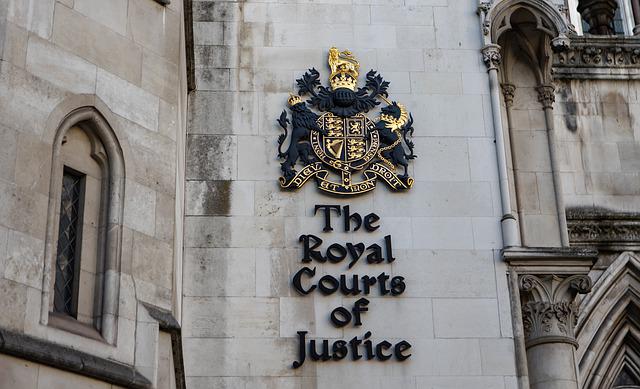
As we all know, laws are created to protect citizens and keep the peace. However, sometimes these laws can be a little strange, outdated, or just downright silly. There are many strange laws that have been passed throughout history, but some of the strangest ones came out in the 19th century.
These laws were often a product of the time, and they reflect some of the strange beliefs and customs that people had back then. These strange 19th century laws provide a fascinating look at a bygone era. Here are a collection of some of them.
Moving Planks Of Wood
In England, it is illegal to move planks of wood along a pavement, unless the intention was moving it into a building or unloading. This law dates back to the early 19th century when carts used to be overloaded with planks of wood, this meant it posed a threat to pedestrians.
So, in 1839. Section 54 of the Metropolitan Police District Act was introduced to stop anyone from unnecessarily moving planks of wood along a pavement to assure pedestrians’ safety.
Kite Flying In A Public Place
We all love to go fly kites, but since legislation in 19th-century England, it was actually against the law to fly a kite in a public place. This legislation was introduced to prevent typical nuisances and dangers to local residents.
So, in 1839, section 54 of the Metropolitan Police Act made it so that kite flying is actually illegal. However, it should be reiterated that this is the case only in public places where public kite flying disturbs other people. But the issue with that is that it is the vagueness that exists because what can be construed as causing a nuisance is open to different people’s interpretations.
No Gambling In A Library?
In the 19th century, it was illegal to gamble in a library in England. This law was put into place to reflect the seriousness of libraries as a place for study and knowledge. As well as this, it was because the library was a public place.
Therefore, if anyone was to gamble, it would disturb the peace associated with a library and distract those who are trying to concentrate and study with the work they have. So, in 1898, according to the Libraries Offences Act. Gambling in British libraries was made illegal.
Placing A Postage Stamp The Wrong Way
Under the Treason Felony Act of 1848, it was an act of treason to place a postage stamp on a letter upside down. It is an offense to ‘To “put any mark upon His Majesty’s coin or cash with intent to deface the same”.
There were rumours that if you had placed a stamp upside down, it would be classed as treason. This was because doing so would be viewed as dishonouring the monarchy’s image.
However, the rumour still has not proven to be true with the Royal Mail declaring that it is still fine to place stamps upside down on letters.
Legal To Drink But Illegal To Be Drunk?
“Every person caught intoxicated on any road or other public area, whether a building or not or in any licenced premises,” according to Section 12 of The Licensing Act of 1872, is committing an offense.
The Licensing (Amendment) Act of 1988 revised the law to make it illegal to consume alcohol in any public space, including bars, clubs, and even private residences if alcohol is being sold there.
The act was brought in, as drunkenness was becoming a big problem within society and it was causing public disorderliness.
So, being drunk in a pub or any other licensed premises is still illegal to this day. However, you may drink alcohol in these places as long as you are not drunk.
Walking Cattle In Daylight
If you have not been given specific permission from the Police Commissioner, it is actually illegal to move any cattle in the hours of 10am, until 7pm; even if you’re walking or driving them. It is still classed as illegal.
This was introduced by the Metropolitan Streets Act of 1867 by The Metropolitan Police District. The law states ‘Anyone breaking this legislation by driving or leading cows faces a fine of up to ten shillings for each head of cattle they drove or led’.
Conclusion
Those are some of the strangest laws that were passed in the 19th century as revealed by Technology Lawyers EM Law. The majority of these laws are still in place today, while others may have been repealed or changed over time.
Some of these archaic laws may seem amusing at first glance, but they can also be seen as indicative of a time when society differed greatly from what it is today.


